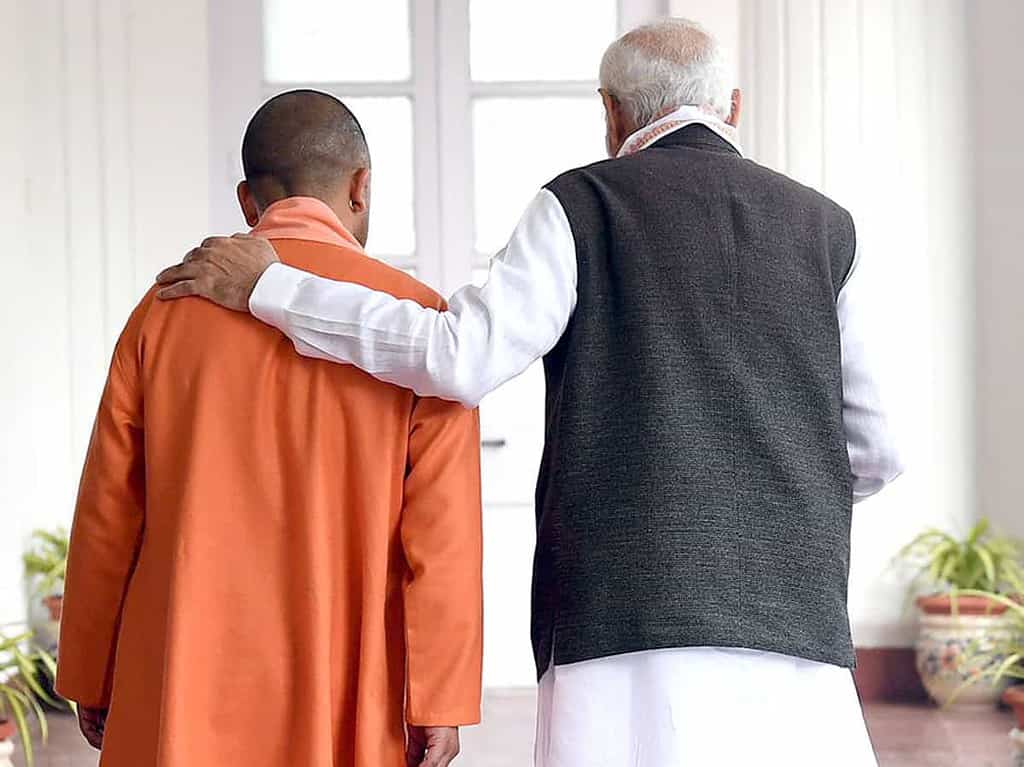Narendra Modi Successor in 2026? means PM Modi retirement age?, as we know PM Modi birthday is 17 Sep 1950, first PM of India born in independent India, but why we are taking about this now in 2024, Many political pandit’s are certain that BJP will win 2024 election with handsome margin and seats tally will also increase but will Modi follow its own rules setup when he became PM of India in 2014, even though it is an unofficial rule to not hold any public office once you are 75 years old. We will discuss same in this article.
Narendra Modi Successor:
Will Modi continue?
Many Political pandit are certain that Modi will be PM in 2024 post general election, but many are in dilemma that weather he will continue to be PM post 2026 or not. As far as Nation understanding of Modi, he will not continue but make someone else, but who will be Narendra Modi Successor as PM? Why many Political Pandit’s are hopeful that Modi will follow its own rule, based on which many seniors’ leaders are not in active politics and not holding any public office. Modi words are final, and it will happen, he will handover Banton to someone else. Let’s discuss possible options who can be Narendra Modi Successor in 2026.
!Click to read Modi Cabinet in 2024
Strategic Vision Options
Let’s divide the possible options into categories and possible names?
| Categories | Names |
|---|---|
| Central Minister | Amit Shah, Rajnath Singh, Nirmala Sitharaman, Nitin Gadkari, Piyush Goyal, Ashwini Vaishnaw |
| State Minister | Yogi Adityanath |
| New Face | Youth / Women ? |
Also Read: 2024 Election Opposition Formidable Challenge
Deep Dive on Strategic Vision Options
Looking at the leadership qualities, track record, and public reception, any of the above names mentioned can be a good option. Public opinion and political circumstances can change. here are the list of achievements of each of the central minister.
Amit Shah – Abrogation of Article 370 and 35A, Citizenship Amendment Act (CAA), National Register of Citizens (NRC). Rajnath Singh – Rafale Fighter Jet Deal, Balakot Airstrikes, Defence Reforms and Initiatives. Nirmala Sitharaman – GST, Various Economic Reforms and Budgets, Banking and Financial Sector Reforms.
Nitin Gadkari – Waterway Development, Focus on Green and Sustainable Transportation, Infrastructure Development. Piyush Goyal – Commerce and Industry Ministry, Railway Reforms, Implementation of GST. Ashwini Vaishnaw – Make in India, Mobile Manufacturing, Railway security system reforms.Yogi Adityanath – Law and Order, Development Initiatives, Social Welfare Programs.
Also Read: Modi listen when Chanda Devi speaks – Surprised and Shocked
Narendra Modi Overview
Narendra Modi, India’s 14th Prime Minister, hails from humble beginnings in Vadnagar, Gujarat, marked by early struggles and a stint at his father’s tea stall. Born on September 17, 1950, Modi’s political journey began with the Rashtriya Swayamsevak Sangh during his youth. His educational pursuits led him to a Master’s degree in political science from the University of Gujarat.
As Chief Minister of Gujarat from 2001 to 2014, Modi oversaw significant economic growth but faced criticism for the 2002 Gujarat riots. In 2014, he became India’s Prime Minister, introducing initiatives like ‘Make in India’ and ‘Swachh Bharat Abhiyan.’ While his leadership style and policies have stirred debates, Modi has undeniably left a profound impact on Indian politics and the nation’s developmental trajectory.
Narendra Modi Successor: Conclusion
Modi & BJP is known for their surprises, and it is possible that there could be a completely new face but all these we will know soon, and succession plan will kick in soon. BJP grooms their new leaders and soon we will see this happening it just that we have to open our eyes and ears.
